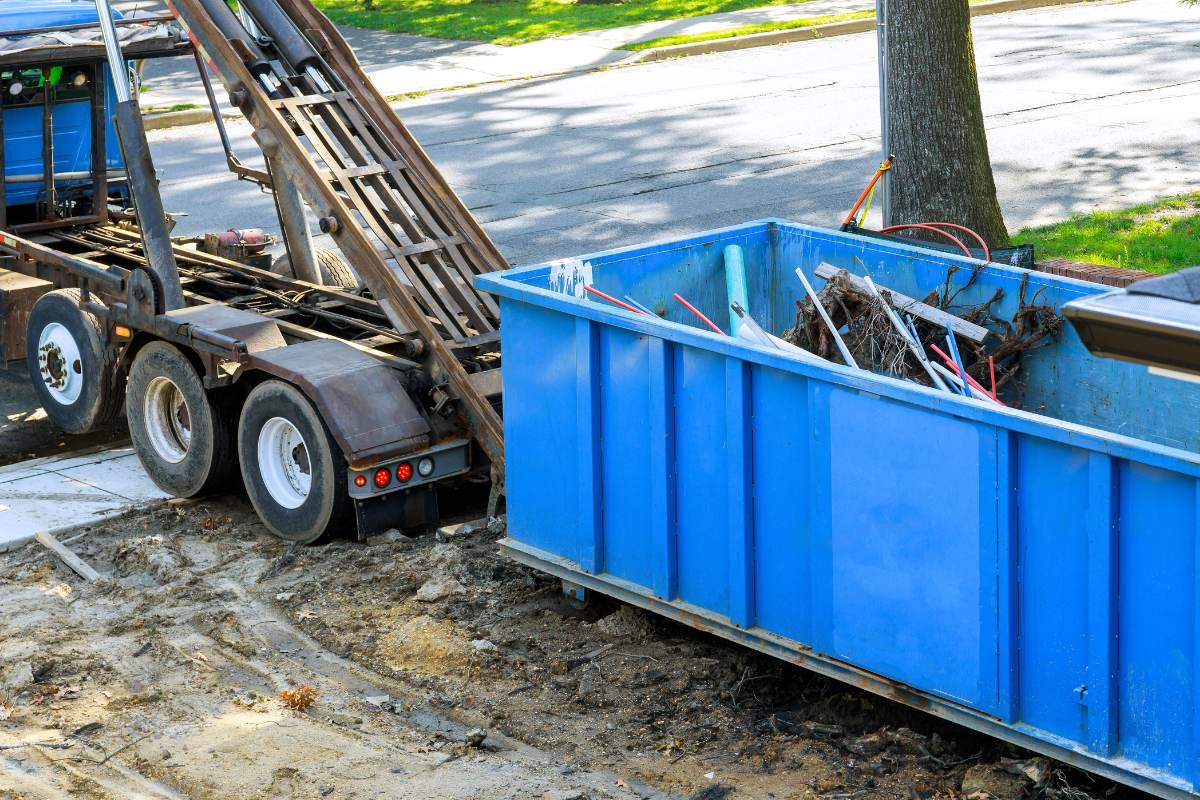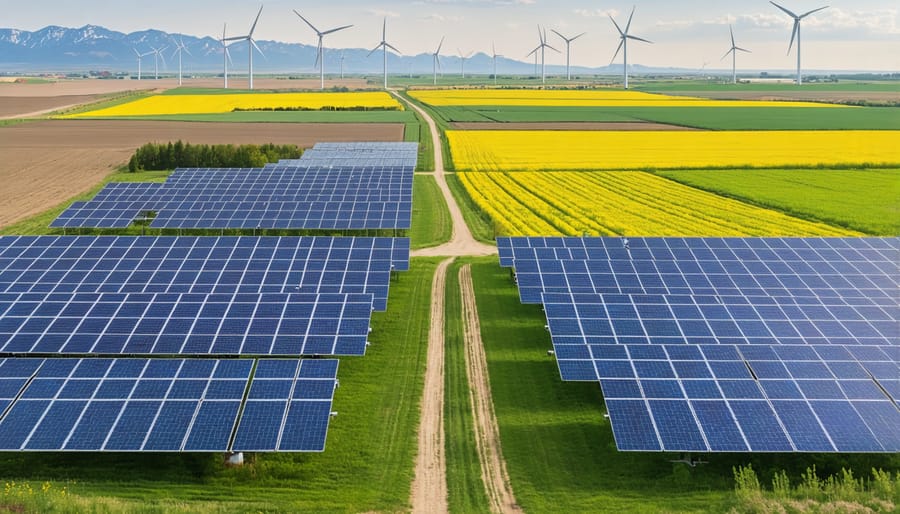When it comes to managing a home renovation, construction site, or big cleanout, dumpster rental can make or break your project timeline.
I learned this the hard way a few years ago when remodeling my kitchen—what I thought would be a straightforward job quickly turned chaotic once the debris started piling up.
Trash bags weren’t cutting it.
I needed a container—fast.
That’s where renting a dumpster came in.
A friend of mine recommended it after seeing my driveway filled with torn-out cabinets and broken tiles.
At first, I was skeptical—wasn’t that just for contractors?
Turns out, homeowners like me rent dumpsters all the time for one simple reason: it’s the most efficient way to deal with bulk waste.
Whether you’re cleaning out a garage or tearing down a wall, having the right dumpster delivered and picked up takes an entire headache off your plate.
You can learn more about industries that use commercial dumpster services if you’re curious about the broader applications.
Why Timing Matters When Renting a Dumpster
Planning ahead saves you both time and stress.
During my remodel, I waited until the last minute to call a provider.
Big mistake.
They were booked out for days.
Construction waste was stacking up in the yard, drawing complaints from a neighbor.
If I had scheduled even a few days earlier, I would’ve avoided the stress (and the flies).
Ideally, you should secure a container at least a week before your project kicks off.
Some busy seasons—especially spring and summer—mean limited availability, so keep your timeline flexible.
Picking the Right Size: A Common First-Time Mistake
One of the first questions I got asked: What size do you need?
I didn’t have a clue.
I assumed bigger was better, but that’s not always true.
Most companies offer containers from 10 to 40 cubic yards.
For reference, a 10-yard container is great for clearing out a single room, while a 40-yarder is ideal for major renovations or demolition work.
I ended up renting a 20-yard one, and it was perfect for an average-sized kitchen gut.
Overestimating can cost you more, while underestimating can mean ordering a second bin—doubling your costs.
Always ask for help when choosing a size; the pros will usually give you solid advice.
What You Can (and Can’t) Throw in a Dumpster
This is where people get tripped up—myself included.
I didn’t realize there were restrictions on certain materials.
You can toss in drywall, wood, tiles, and general junk.
But hazardous materials?
That’s a no-go.
This includes things like paint, batteries, and electronics.
Some items—like mattresses or appliances—might come with extra fees or require special pickup.
Check the guidelines before tossing everything in, or you might face overage charges or refusal of pickup.
Trust me, you don’t want that last-minute scramble to haul out a banned item.
Residential vs. Construction Dumpsters
Depending on your project, you’ll likely fall into one of two categories.
Residential dumpsters are meant for homeowners—spring cleanings, furniture removals, or minor renovations.
They usually have wheels and are driveway-friendly.
Construction dumpsters, on the other hand, are larger and tougher.
These are what you’ll see at job sites, meant to handle heavy-duty debris like concrete or roofing materials.
If you’re unsure which one to go with, describe your project in detail when booking.
You’d be surprised how many folks accidentally book a construction bin for a simple garage purge.
The Cost Breakdown—What You’re Really Paying For
People often ask: is renting a dumpster expensive?
Here’s the truth—it depends.
You’re paying for more than just the metal container.
The price typically includes delivery, pickup, landfill fees, and the rental period (usually 7–10 days).
When I booked mine, it cost around $400, but that included all fees.
Additional charges kick in if you go over the weight limit or keep it longer than agreed.
So budget accordingly, and ask for an all-in quote to avoid surprise fees.
Permit or No Permit?
One tricky part no one warned me about—permits.
If you’re placing the container on your own property (like a driveway), no permit is typically needed.
But the moment it goes on a public street, you’ll likely need a city permit.
I found this out the hard way when my neighbor got fined for not pulling one.
Call your local municipality first—it’s an easy step that saves you major hassle later.
How Long Should You Keep It?
Less is more.
Many people overestimate how long they need a dumpster.
You’re usually given a standard rental period of about 7 days.
Most cleanouts or renovations only take a few days of actual bin usage.
I planned a week but had it picked up after 4 days—saving money and making room for the rest of the job.
Schedule your pickup early and stay on track.
Delays can mean extra charges or scheduling conflicts if the provider is busy.
Final Pickup: What to Expect
When the job’s done, make sure your container isn’t overflowing.
I made that mistake once—left a few planks sticking out, thinking it wouldn’t matter.
It did.
The driver refused pickup until I leveled everything.
Make sure all waste is below the fill line and nothing blocks access.
Also, double-check for restricted items.
If there’s something questionable inside, it could delay pickup or result in fines.
In Closing: Is Dumpster Rental Worth It?
Absolutely.
It saved me from dozens of trips to the landfill, helped me keep the job site clean, and allowed the remodel to move fast.
Whether you’re decluttering, building, or tearing down, the convenience is hard to beat.
Just plan ahead, pick the right size, and follow the rules—simple as that.
And if you want to dive deeper into how dumpster services are used across industries, you can learn more about it here.










